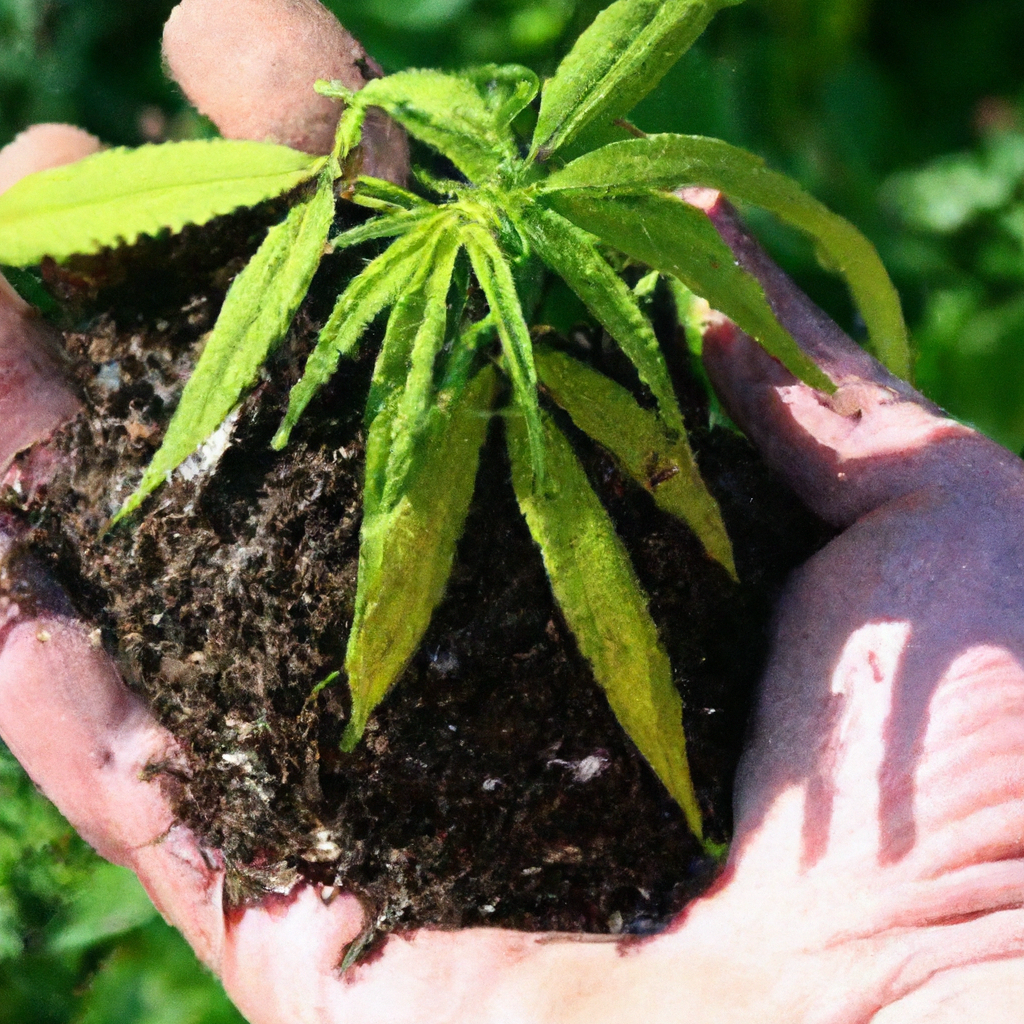Your cart is currently empty!
Organic cannabis cultivation offers a plethora of benefits for both the environment and consumers. By embracing natural methods and sustainable practices, growers can enhance the quality of their harvests while reducing their ecological footprint. This article explores best practices for building healthy soil ecosystems, utilizing natural fertilizers, and employing eco-friendly pest control methods that are essential for successful organic cannabis cultivation.
The Foundation: Building a Healthy Soil Ecosystem
Creating a robust soil ecosystem is crucial for organic cannabis cultivation. Healthy soil acts as a living organism, teeming with beneficial microbes and organic matter that promote plant growth.
- Compost Integration: Enrich your soil with compost. Organic matter from kitchen scraps, yard waste, and other biodegradable materials can decompose to form nutrient-rich humus. This process not only adds essential nutrients to the soil but also improves its texture and moisture retention.
- Beneficial Microbes: Incorporate beneficial microbes like mycorrhizal fungi and nitrogen-fixing bacteria. These microorganisms help plants absorb nutrients more efficiently and improve overall soil health.
- Natural Amendments: Use organic amendments like bone meal, blood meal, and rock phosphate to provide a slow-release source of essential nutrients such as phosphorous and calcium.
Nurturing Growth with Natural Fertilizers
Natural fertilizers are a cornerstone of organic cannabis cultivation. They provide essential nutrients while enhancing the soil’s biological activity without polluting the environment.
- Fish Emulsion: Fish emulsion is a liquid fertilizer derived from fish waste. It is rich in nitrogen, making it an excellent choice for the initial growth stages of cannabis plants.
- Seaweed Extract: Seaweed extract provides trace minerals and stimulates root growth. It can be applied as a foliar spray or soil drench to enhance nutrient uptake.
- Worm Castings: Worm castings, or vermicompost, contain valuable nutrients and beneficial microbes. They can be mixed directly into the soil or used to brew compost tea.
Eco-Friendly Pest Control Methods
Avoiding synthetic chemicals in pest management is vital for maintaining the integrity of organic cannabis. Implement integrated pest management (IPM) strategies to naturally protect plants.
- Companion Planting: Use companion plants to deter pests naturally. For instance, marigolds repel nematodes, while basil and garlic can keep aphids at bay.
- Neem Oil: Neem oil is a natural insecticide derived from the seeds of the neem tree. It effectively controls a wide range of pests, including spider mites and whiteflies.
- Beneficial Insects: Introduce natural predators such as ladybugs and predatory mites. These insects help control pest populations without harming the cannabis plants.
Sustainability: The Environmental and Consumer Benefits
By adopting organic cannabis cultivation practices, growers contribute to environmental sustainability while providing high-quality products to consumers.
- Environmental Impact: Organic methods reduce pollution and soil degradation, supporting biodiversity and ecosystem balance.
- Consumer Health: Organic cannabis is free from synthetic pesticides and fertilizers, resulting in a purer product with potentially fewer health risks.
Conclusion
Organic cannabis cultivation is not just a growing trend but a necessity for a sustainable future. By building healthy soil ecosystems, using natural fertilizers, and adopting eco-friendly pest control methods, cultivators can ensure their operations are environmentally responsible and produce high-quality cannabis. Embracing these practices yields benefits that resonate through the environment and consumers’ lives alike.
Tags: OrganicGrowing, NaturalCultivation, Compost, PestControl, Sustainability
Discover more from Magic Clones
Subscribe to get the latest posts sent to your email.


Leave a Reply